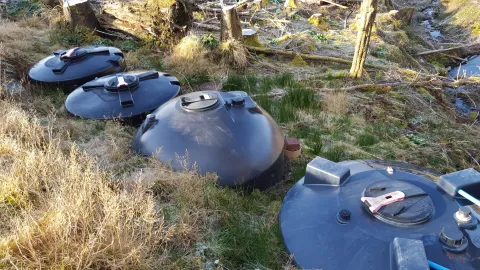
DWQR regulates Scottish Water and supervises the regulation of private water supplies (PWS) by local authorities. It is the latter supplies which create many of the policy challenges we currently face. Questions such as “How can we persuade people of the health risk their private supply presents?” and “How can we provide individuals and communities with the tools they need to effectively manage their private supply in a way that is both sustainable and resilient?” are just two examples and ones where CREW projects have been instrumental in furthering our understanding.
Some issues, such as the problem of lead plumbing in buildings and the effect of climate change on water catchments and source water quality are common to both public and PWS, and have been the subject of CREW work. Areas such as improving the PWS risk assessment process and supporting both local authorities and individual supply owners and users with authoritative advice are currently keeping us busy.
New regulations governing public and private water supplies are to come into force in October this year, in response to amendments to the EU Drinking Water Directive. Main changes on the private water supply side, affecting larger and commercial (formerly Type A) PWS, include the enhancement of enforcement powers for both local authorities and DWQR and the introduction of a standardised approved risk assessment process that must be completed before a new supply can be used. Changes in the Directive to the way in which parameters may be excluded from sampling by risk assessment potentially meant a significant increase in the amount of PWS sampling that would have been required. To avoid placing a significant burden on owners of PWS, the concept of rationalising sampling by grouping supplies into “water supply zones” has been introduced.